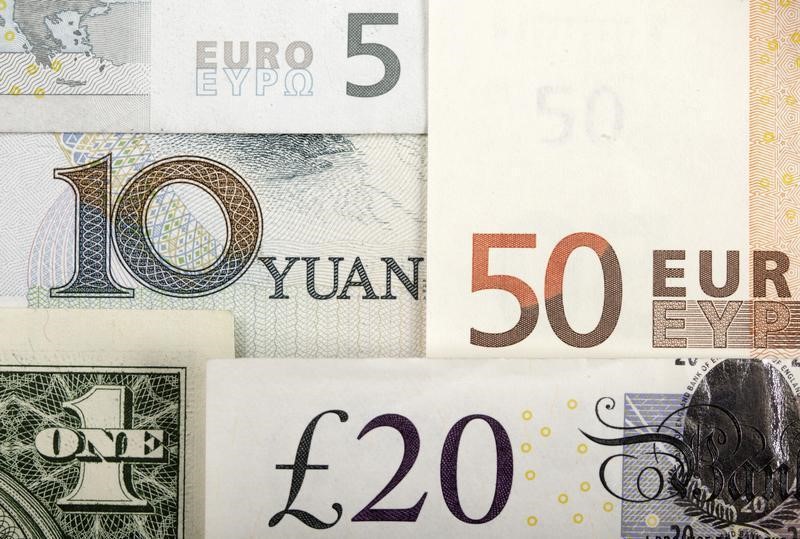Gold prices steady amid Fed rate cut hopes; Trump-Putin talks awaited
(Bloomberg) -- The Turkish lira erased losses against the dollar after the country’s banking regulator eased trading restrictions, a move that could help slow the capital flight that’s made the currency the worst performer in emerging markets this year.
The lira gained as much as 1% to 8.0787 against dollar after the watchdog increased the amount of currency swaps and derivative deals that local banks can carry out with foreign counterparts. It had earlier weakened as much as 0.6%.
When selling liras, the lenders’ limit was increased to 5% of their equity from 2% for transactions that will mature in seven days. It was lifted to 10% from 5% for those maturing in 30 days and to 30% from 20% for those that will mature in one year, the regulator said in a statement published on Wednesday.
The move came after President Recep Tayyip Erdogan sacked central bank Governor Murat Uysal and accepted the resignation of Treasury and Finance Minister Berat Albayrak, who was the architect of policies to limit foreigner investors’ involvement in Turkey’s money markets.
The regulator said the decision is another move toward “normalization” of the market. Since September, policy makers have been unwinding a range of trading caps that have made it virtually impossible for foreign traders to hedge and finance their positions in Turkish assets.
The limits were first introduced after a currency crisis in 2018 and were designed to stand in the way of investors betting against the lira. But they’ve resulted in periodic liquidity crunches that drove overnight borrowing costs as high as 1,000%, and forced overseas investors to dump their bond and equity holdings.
Faced with an unpredictable trading environment, non-resident investors have pulled more than $13 billion out of the bond and stock markets this year.
©2020 Bloomberg L.P.
